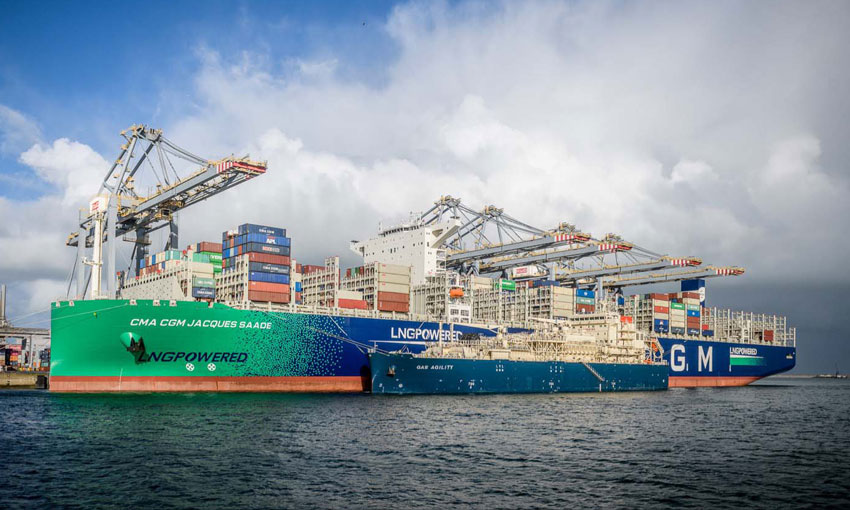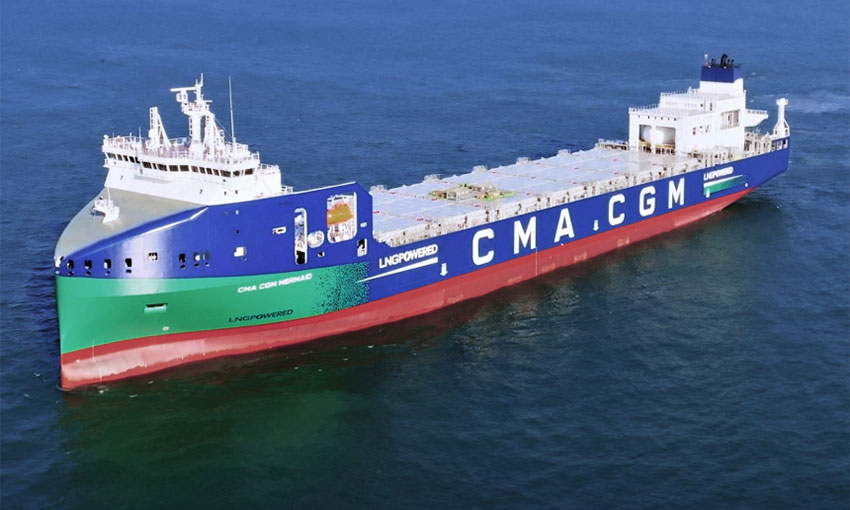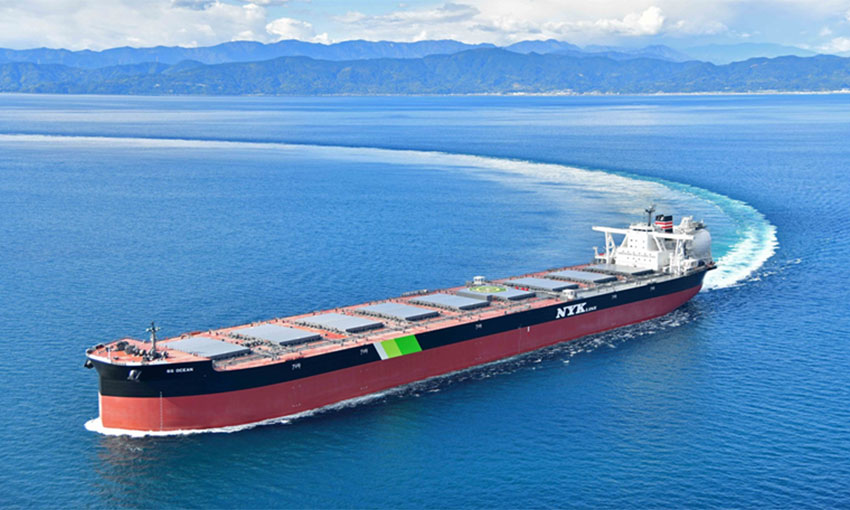ORDERS for LNG-powered newbuilds have been accelerating in 2021, according to a report from Clarksons. The report found that LNG-fuelled vessel orders are approaching 30% of gross tonnage on order.
SEA-LNG, an organisation that advocates for LNG as a marine fuel, said this year has been a banner year for new LNG dual-fuel vessel construction contracts, according to data from DNV. SEA-LNG said this trend is expected to continue.
“Major deep-sea sectors of the maritime industry are embracing LNG in efforts to reduce both local and global emissions, as LNG-fuelled vessels are one of the only options today that meet the reduced emissions required of environmental finance,” SEA-LNG said in a statement.
“It is anticipated that more than 90% of the new pure car and truck carriers that will enter the market in the coming years will be LNG dual fuel. Likewise, containership owners and operators are moving to LNG-fuelled tonnage, with orders for LNG-fuelled liners increasing five-fold since January 2020. Tankers and bulkers are also following suit, with increases of seven-fold and two-fold respectively over the 18-month period.”
SEA-LNG chairman Peter Keller said the deep-sea shipping industry understands that while LNG may not be the end game, it is the best starting point to get to net zero.
“It provides a very clear and achievable plan which starts today. We know the need is real and waiting is no longer an option. Recognition for this plan and the pathway forward is continually growing,” he said.
“And the acceleration in uptake of newbuilds fuelled by LNG demonstrates confidence in this pathway through its bio and synthetic cousins.”
Mr Keller said the advantage of LNG is that both bio-LNG and synthetic LNG are drop-in fuels, meaning there are no compatibility issues and any ratio combination of bio-LNG, synthetic and conventional LNG can be used to fuel a large proportion of the deep sea merchant fleet.
“It has the potential to scale incrementally in line with the growing availability of biomass and renewable energy, while delivering significant GHG reductions, starting now,” Mr Keller said.





